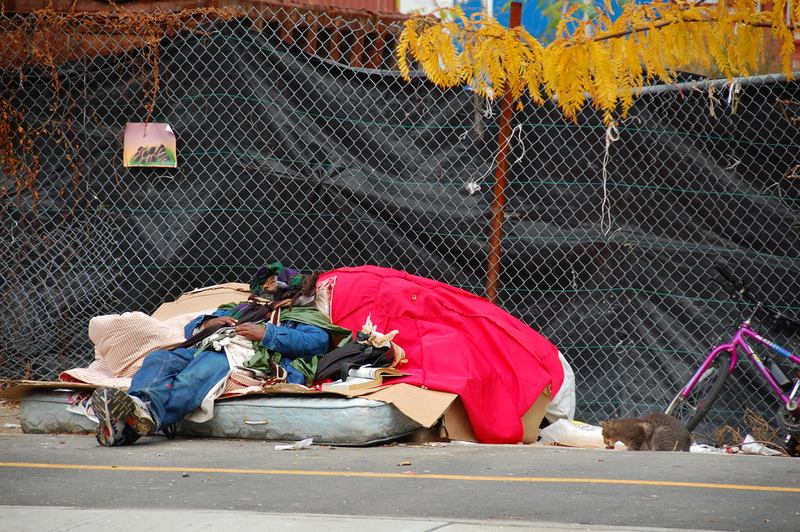
The de Blasio Administration will spend around $2.7 billion to create 15,000 apartments over the next 15 years for the chronically homeless. Advocates consider the housing a model because it has social services attached to it that can address mental health and addiction problems.
Domestic violence victims and veterans will also be eligible for the housing.
The housing initiative, known as New York/New York IV, was supposed to be a partnership with the state. But with nearly 60,000 people in homeless shelters in the city and thousands more living on the streets, Mayor Bill de Blasio went ahead on his own.
"We are taking responsibility for everything that can be asked of us. We want the state now to get into this and to provide support for New York City — for the whole state. This is a statewide consensus. It's time for the state to step up," de Blasio said.
In three prior agreements for this type of housing, the state has paid half the cost. Dozens of state legislators, including Republicans, wrote a letter to the governor asking him to act.
In a written statement, Dani Lever, a spokeswoman for the governor, said the city has a real homeless problem and it's good action was being taken. "Given the severity of the situation, the State will be providing management assistance to the city and additional resources," she wrote.
To pay for the 15,000 apartments, the city said it would use about $620 million that had been set aside for the mayor's larger affordable housing plan. The rest of the funding is expected to come from low-income tax credits and other private sources.
The mayor's announcement was held at the Times Square supportive housing building on 43rd Street, which has many long-term residents. One of them, Freddie Cox, said at the press conference that he started drinking at an early age in response to an abusive father. Eventually, he started using drugs and became homeless for two years.
"Living on the streets is an invisible lonely life," he told the crowd. "You can't trust in anybody."
Cox said by the time he moved to the Times Square he was hopeless and had given up on himself, but caseworkers helped him recover. He said he's now sober and has reconnected with his family.
